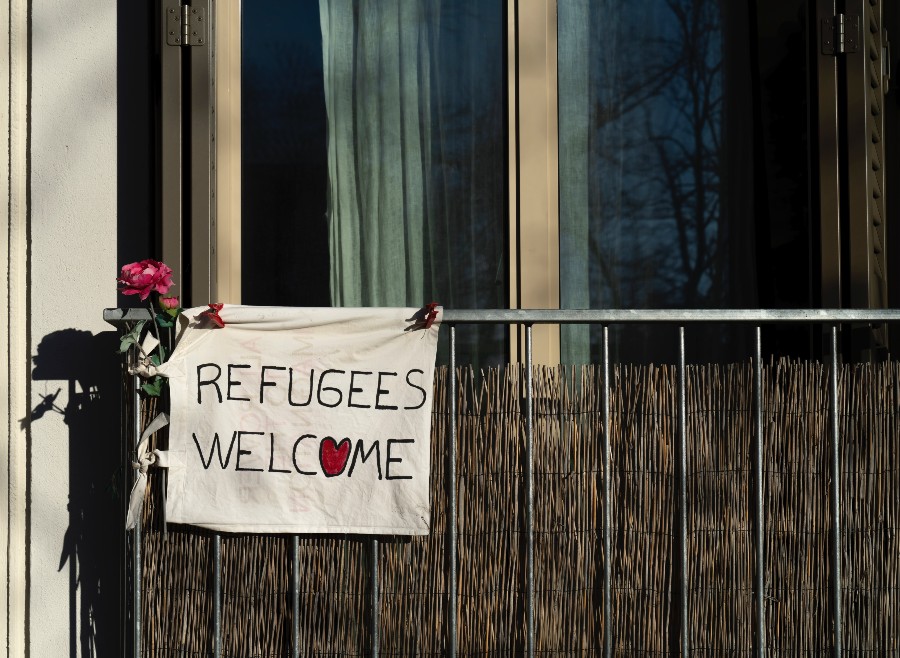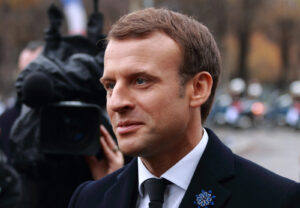Understandably, the world has been focused on the war and its’ destructions. The heroic resistance of Ukrainians and the desperate situation of families obliged to leave their houses and, in many cases, their country has captivated our attention. In our focus on the war, we have overlooked Putin’s strategy of making it impossible for civilians to remain in Ukraine. Putin has forced a refugee crisis upon Europe, making the European Union more likely to encourage Ukraine to negotiate and accept Russia’s demands.
Putin paid close attention to the EU’s reaction to the influx of refugees in Europe during the Middle East crisis. European Union leaders have feared an influx of refugees in their countries, leading them to pay billions of euros to Turkey to handle refugee camps. Europe seems to be unable to organize itself as a host for refugees, likely for political reasons and the powerful influence of populist-nationalist movements.
For the moment, Ukrainian refugees fleeing the country stay in Ukraine’s neighboring countries. According to the UNHCR, the UN Refugee Agency, on March 18th, there were 2,010,693 refugees in Poland, 518,269 in Romania, 359,056 in Moldova 299,273 in Hungary, and 240,009 in Slovakia, 200,000 in Germany, and around 15,000 in France.
The situation in Europe has unfolded as Putin expected: Poland, Romania, Moldova, and other Eastern countries will not be able to face this crisis for much longer. In Poland, the population of Warsaw has already increased by more than 17%, and schools lack the teachers needed to handle the influx of children. In Romania and Moldova, people have been asked to take Ukrainian families into their homes. Still, after some weeks, there is a limit to this generosity, and there are fewer possibilities to house newcomers. In some days or some weeks, the public opinion in these countries will ask for changes, and if an effort is not made, the EU attitude will be less united in support of Ukraine and will push for peace at any price.
The only way to efficiently counter Putin’s moves would be to have a united European response to the crisis. It would mean that the EU would act collectively to handle the refugees’ support. After all, there are almost 540 million people in the European Union, and some of the member countries are the richest in the world. They could offer short-term emergency shelter to refugees and share the load of the crisis between the countries by allocating refugees to countries depending on their population. A united European response could also support the poorer countries surrounding Ukraine. Additionally, some countries lack a skilled workforce and would benefit from the arrival of Ukrainians, men, and women, who are generally well-trained professionals.
It is difficult to guess if the EU will be able to face the situation with more dignity than with the Middle East refugees’ crisis. In doing so, Europe would take away from Putin an asset in the negotiation. Or if Europe will let Poland and other Ukraine neighbors deal with the problem by providing billions of euros and finally letting Putin win. Today, the question is still open, but not for very long.




